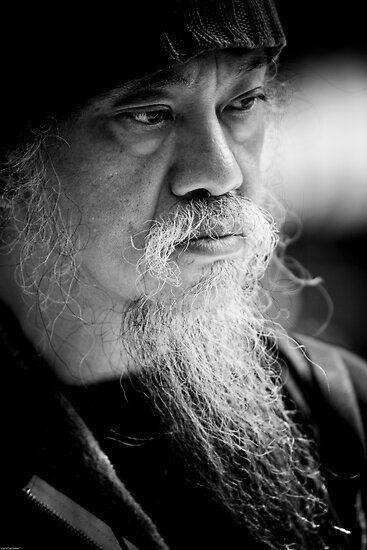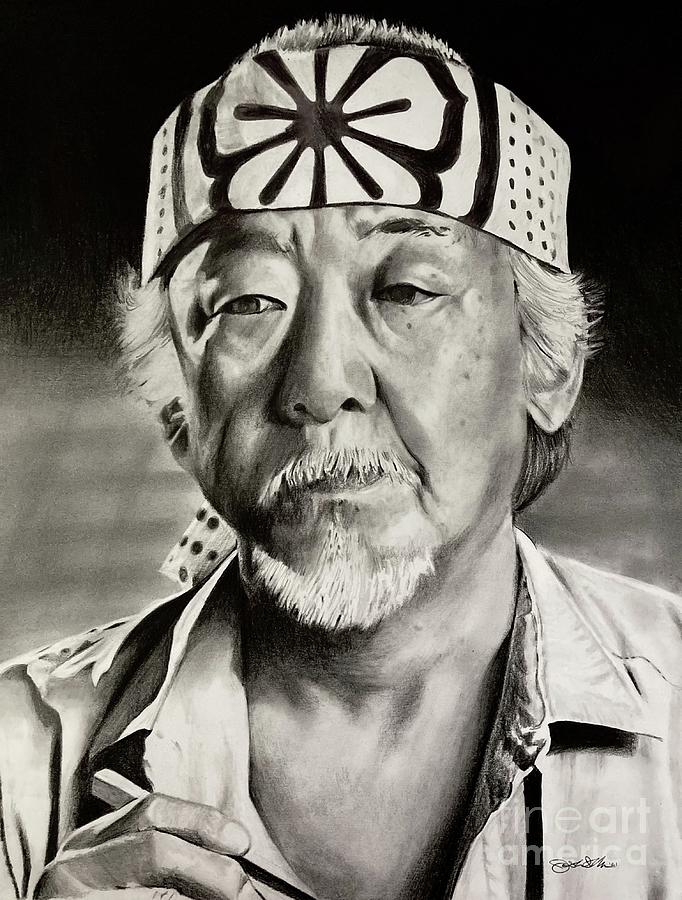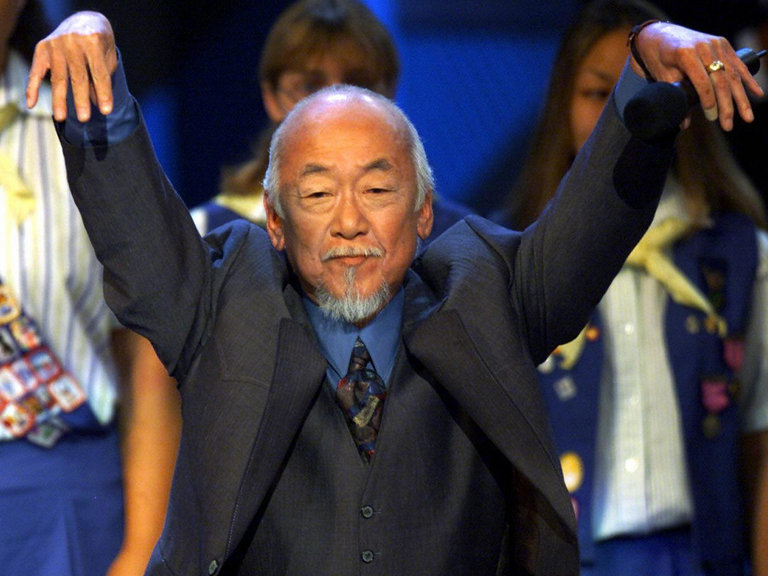

They must be trustworthy and non-judgmental. Asking people to share their experiences rather than their advice proved to be both enlightening and more practical than finding someone who knows all the answers.Ī great mentor is a great listener. Miyagi redefined, I began to find not just one, but many mentors. This, I figured, would be easier to find. What I really needed was someone who could simply share their experiences with me so that I could figure things out for myself. It’s impossible to definitively tell someone else what’s best for them. As nice as it would be to find a person who can tell us what to do when we are unsure, the complexity and subjectivity of the business world guarantees that no one has all the answers. I had missed the boat on what a mentor should be. Miyagi I’d been searching for did not exist.

It was not until my mid-30s, when I became a mentor myself that I realized that the idealized version of Mr. He quickly got frustrated with my cautiousness and moved on. I found another candidate who understood business but was more of a risk-taker than I was willing to be. I connected with one mentor who, despite the look of success, was struggling even more than I was. Miyagi giving the gi that was intended for his blood son showed his feelings toward Daniel, who he valued to mentor as his own.Unfortunately, my search for a mentor proved to be harder than The Karate Kid’s. Daniel-san marveled over this gi and asked where it came from, which was answered with "Mrs. Miyagi eventually gave the gi as a birthday present to a student of his, Daniel LaRusso. The back of the gi was emblazoned with a bonsai tree, a symbol of the Miyagis. Prior to her death, she had worked on a gi for her son, to be given to him when he reached puberty. Miyagi would posthumously affect her husband decades after her death. Miyagi would sing a Japanese song of sadness and drink a toast to them.Īlthough dead by the first film, Mrs.


Every year of the night of the communique of his wife and son's death, Mr. Either way, the fact his wife died with child and "no doctors had come" was a source of great sadness for Mr. Miyagi's situation, but lost the race with time to try and help her and the baby. Yet another possibility could have been an obstetrician was indeed alerted about Mrs. It was unknown if a doctor was willing to go to Manzanar to treat a Japanese-American, given the general resentment of the American populace towards Germans, Italians, and Japanese (their three war enemies), or if that no doctors were available given that World War II was a time of great scarcity. While going into labor with the baby, she had complications, and there were no doctors to treat her. Miyagi was told of tragic news by his superior officer (possibly Lt. His wife and baby were an inspiration for him to keep going throughout the dangerous situation, and he relished the idea of one day when his son grew up and he could teach him karate, as did his own father with him. Sergeant Miyagi fought valiantly against the Germans, being recommended for the Congressional Medal of Honor. Miyagi had gotten his wife pregnant, but was then deployed to the European theater immediately afterwards. Miyagi was remanded to the Manzanar Internment Camp. However, President Roosevelt ordered all civilians who had Japanese (as well as Italian and German) bloodlines to be interred, and Mrs. Miyagi enlisted in the US Army to support the war effort, eventually being promoted to sergeant. Miyagi got a job at a sugar plantation in Hawaii, whereupon she was one of his coworkers, and they fell in love immediately, and soon married. They met shortly after he fled to the United States over a disagreement of another woman. Miyagi said she was a skilled seamstress. You can help The Karate Kid Wiki by expanding it.


 0 kommentar(er)
0 kommentar(er)
